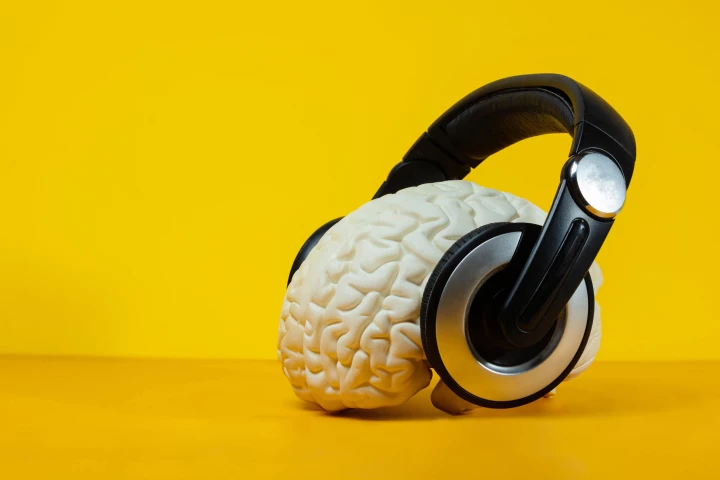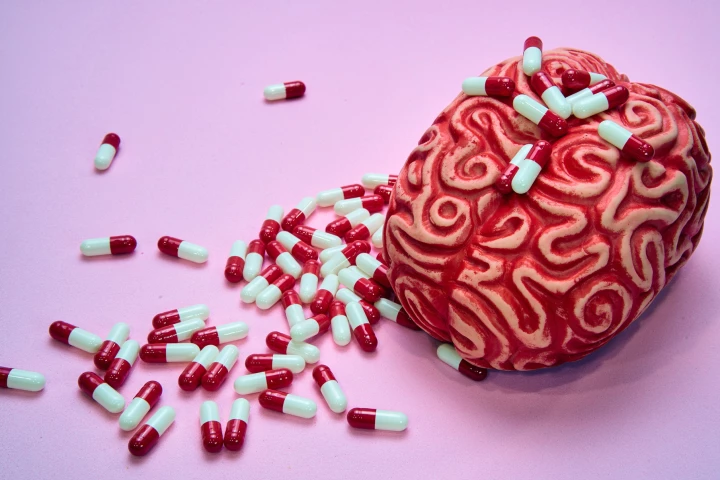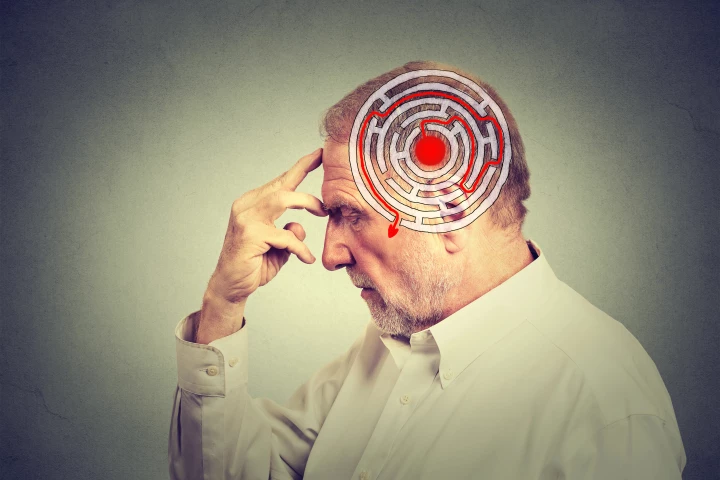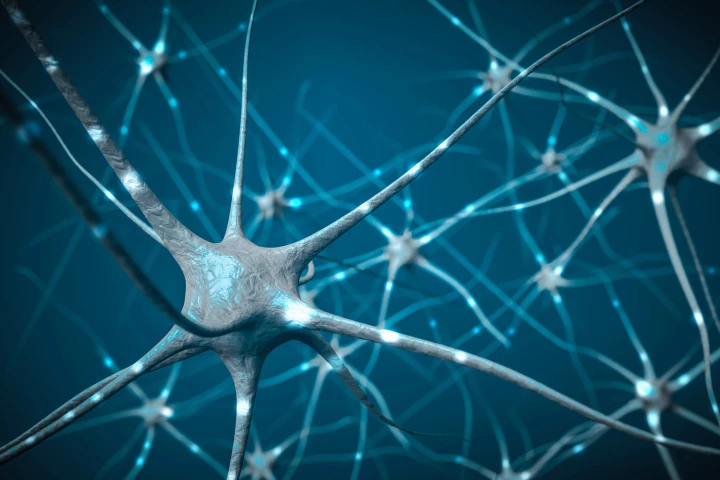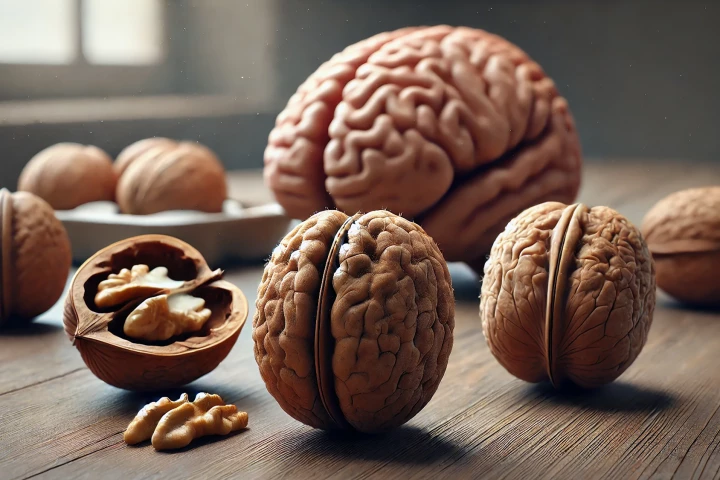Brain activity
-
Listening to or playing music later in life could do more than lift your spirits – it might also help keep your mind sharp. A large study has found that older adults who regularly engage with music have significantly lower rates of cognitive decline.
-
A new study combining brainwave monitoring and machine learning has found that certain types of music can dramatically reduce motion sickness symptoms – by more than half in some cases – offering fresh hope for more pleasant travel experiences.
-
Scientists have identified the first brainwave biomarkers for obsessive-compulsive disorder, or OCD. The discovery opens the door to personalized, on-demand brain stimulation that targets distressing compulsive behaviors as they arise.
-
A safe and affordable treatment to effectively combat the progress of Parkinson's dementia has emerged – in the form of a commonly available cough syrup that's already being studied for its brain-protecting power in other degenerative diseases.
-
Talk about thinking small: researchers at Harvard University have devised a new way to implant flexible bioelectronic devices in the embryos of frogs, mice, and lizards, enabling them to monitor brain activity as these creatures develop.
-
A personalized facial e-tattoo wirelessly monitors the brain and can tell when it’s being overworked and can use the data it collects to predict mental overload, according to a new study. The tech could help us maintain a productivity sweet spot.
-
Researchers have developed a 3D-printable electrode that looks like a single strand of human hair and measures brain activity more reliably than the current method used to diagnose things like epilepsy and sleep disorders.
-
Not everyone with ADHD responds to stimulants like Ritalin, which increase dopamine levels. New research suggests the drug’s effectiveness is less about the dopamine it produces and more about the number and type of brain receptors that respond to it.
-
What does gut fermentation and neuroinflammation have in common? A lot, according to new research that uncovers how the post-stroke microbiome directly influences brain health and recovery. It opens the door to new ways of restoring cognitive function.
-
There's newfound hope for stroke patients in recovery, with what researchers believe is the very first drug that can comprehensively deliver rehabilitation without the need for challenging long-term physical therapy.
-
Young adults who ate a handful of walnuts with breakfast saw a long-lasting improvement in their reaction times and a boost in memory hours later, according to a new study. The findings strengthen the claim that walnuts are a brain-enhancing food.
-
Researchers found that when groups of people watch the same health promotion videos, their brain activity syncs up, indicating that the message has gone beyond being seen and heard. This approach could lead to more effective health campaigns.
